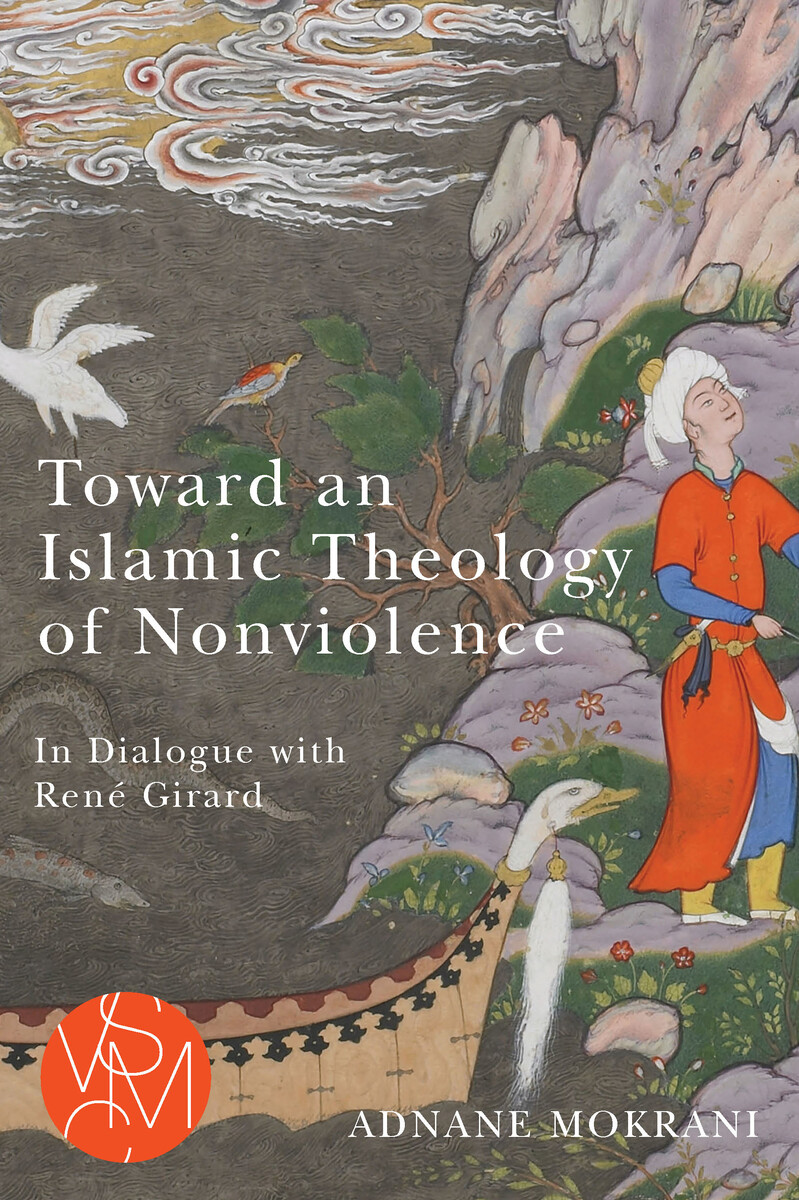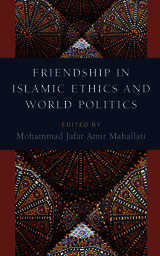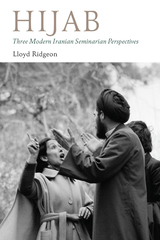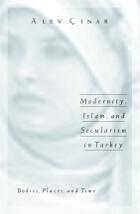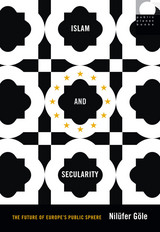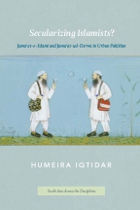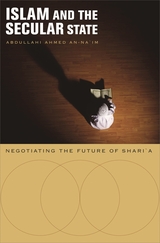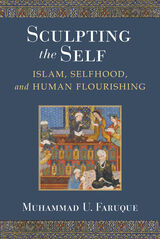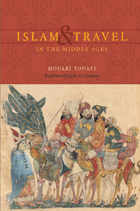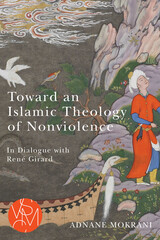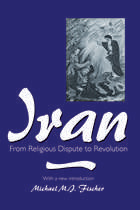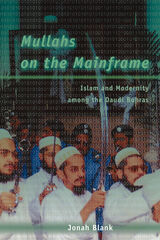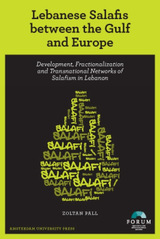Toward an Islamic Theology of Nonviolence: In Dialogue with René Girard
Michigan State University Press, 2022
Paper: 978-1-61186-430-4 | eISBN: 978-1-62895-467-8 (ePub NK) | eISBN: 978-1-62896-461-5 (Kindle) | eISBN: 978-1-60917-699-0 (PDF)
Library of Congress Classification BP190.5.V56M86 2022
Dewey Decimal Classification 297.5697
Paper: 978-1-61186-430-4 | eISBN: 978-1-62895-467-8 (ePub NK) | eISBN: 978-1-62896-461-5 (Kindle) | eISBN: 978-1-60917-699-0 (PDF)
Library of Congress Classification BP190.5.V56M86 2022
Dewey Decimal Classification 297.5697
ABOUT THIS BOOK | AUTHOR BIOGRAPHY | REVIEWS | TOC | REQUEST ACCESSIBLE FILE
ABOUT THIS BOOK
This groundbreaking book offers the first systematic study of the Qur’ān and Islamic history in the light of René Girard’s mimetic theory. Girard did not deal deeply with Islam, offering only scattered hints in some interviews after the September 11, 2001, attacks in the United States. Addressing this gap in Girardian studies, Adnane Mokrani aims to develop an Islamic theology that goes beyond just war theory to adopt a radical nonviolent approach. He analyzes the Qur’ānic text and classical and modern exegetical literature, focusing on the Qur’ānic narratives, then extends his research to the history of Islam, removing the sacred character attributed to some events and human choices in order to disarm theology and dismantle the ideologies of power. This same critique is also applied to the unprecedented levels of violence in modern and contemporary history. A radical and politically committed theology of peace is needed to recover the spiritual dimension of religion that frees people from the temptations of the individual and collective ego. It is a mystical and narrative theology in dialogue with other world theologies on the future of humanity—an urgent appeal needed now more than ever.
See other books on: 1923-2015 | Dialogue | Girard, René | Nonviolence | Toward
See other titles from Michigan State University Press
